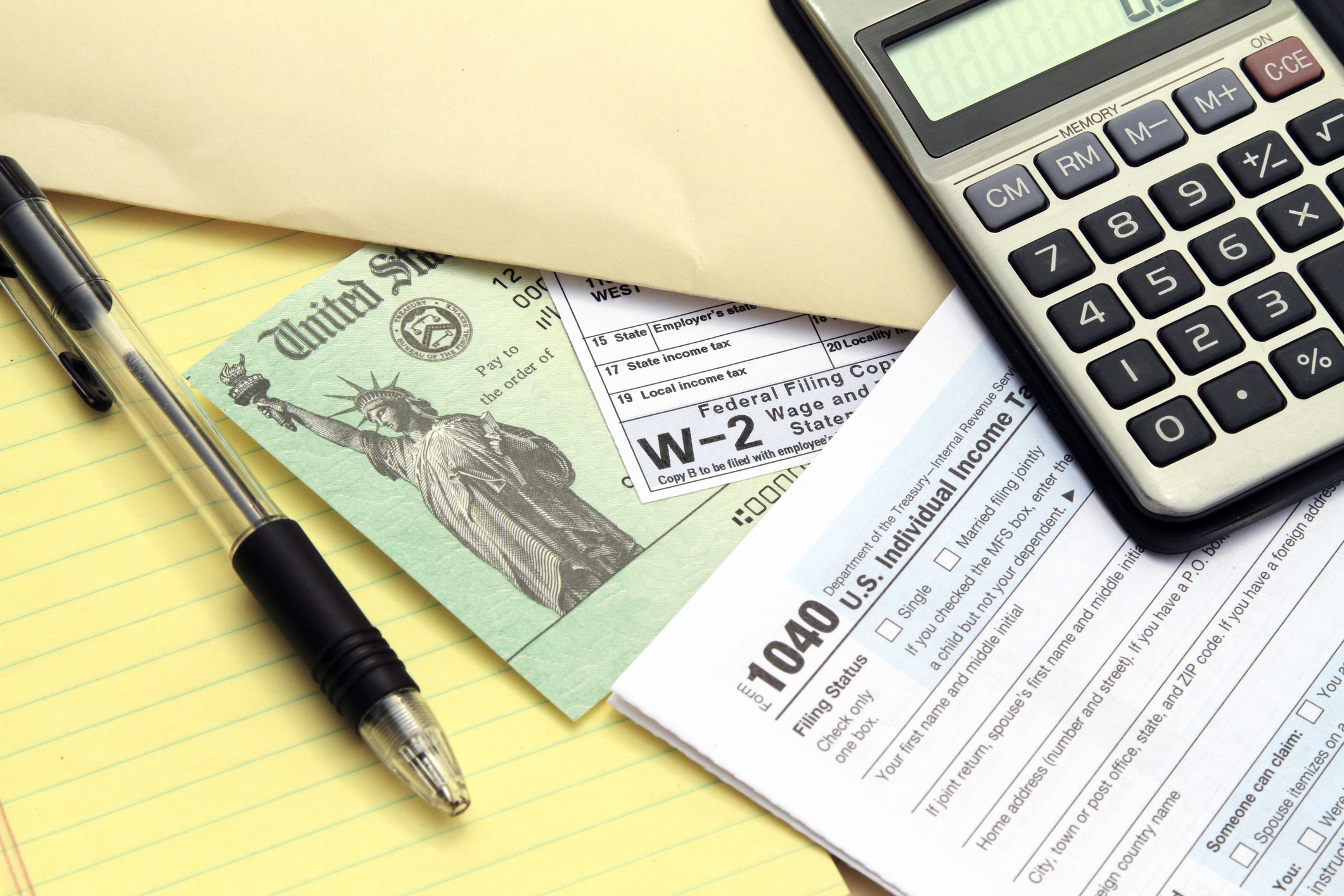
10 Feb Best Practices to Help Lessen the Section 280E Tax Burden
IRS Tax Code Section 280E is one of the biggest challenges for the cannabis industry, causing an increased tax burden for cultivation facilities, medical marijuana manufacturers, dispensaries, and retail stores. Even cannabis-related businesses that do not directly interact with the product are often subject to Section 280E. With so much to know about Section 280E and tax regulations, cannabis businesses often lose a significant amount of their income to taxes, especially if they are not experts in tax laws and do not have legal professionals advising them on tax compliance. However, it doesn’t have to be this way. Cannabis businesses will have to continue to pay taxes according to Section 280E, but they can certainly attempt to ease the impact each year. Follow the enclosed best practices to lessen the tax code burden and the tax season hassle.
How to Lessen the Section 280E Tax Burden
- Keep detailed, up-to-date bookkeeping records. Not only will accurate record keeping help you save time and avoid errors, but it will also be helpful during audits. Ensure you obtain and manage documentation for your workforce, inventory, and costs. Operating as a cash-only business? The government is always looking for signs of money laundering behaviors, so make sure to document all cash transactions, specifically deposits, payments, and single cash sales over $10k.
- Track employee time accurately. This will help you determine how many hours are deductible under Section 280E. Labor that’s considered “inventorial cost” can be included within the cost of goods, and therefore, be used as a deduction. Typically, most work associated with cultivation and extraction are direct costs of production and considered inventorial costs. So, for example, if you have a cultivator working part-time as a budtender, you’ll want to know how much time they are working in cultivation to be able to report those wages as cost of goods sold.
- Automate tracking and reporting when possible. Avoid manual bookkeeping and time tracking and use digital tools and software to help manage tax compliance electronically, reduce tax liabilities, and eliminate errors. The ideal solution will help your business with labor tracking, accounting, and managing inventory, as well as provide reporting capabilities for recordkeeping, self-audits, and to report out as required in many states.
- Work with a cannabis CPA. Don’t just work with any ordinary CPA. They must be experienced in cannabis law to be able to advise you on cost of goods sold deductions and what may or may not qualify. They will also help determine the proper inventory capitalization and valuation methods and allocation of expenses.
Starting a cannabis business?
There are few considerations to keep in mind when starting a new cannabis business that can also help lessen the tax burden.
- Determine the proper corporate structure. When new business owners set themselves up, they have a choice between three different corporate structures: C-corporations, S-corporations, and Limited Liability corporations (LLC). How you designate your corporate structure will determine how your business is taxed.
- Look into a shared services agreement. Section 280E deals with businesses that involve Schedule I and II drugs only; therefore, some companies have opted to divide their services and structure into two. For example, the first company deals with cannabis production and distribution, while the second is responsible for legal activities such as providing care services or counseling — selling related but not cannabis-infused merchandise, and managing the business location or retail space.
With a shared services agreement, the first company complies with Section 280E, such that the cost of goods sold is the only allowed deduction. The second company, meanwhile, has ordinary deductions related to payroll, rent, utilities, distribution, promotion, sales, support, administration. When combined, the taxes of the two companies are significantly lower than they would be if they operated as one entity.
- Know your dates
- March 15 – Partnerships and S corps must issue their Schedules K-1 by March 15. The Schedule K-1 reports each shareholder’s share of income, losses, deductions, and credits.
- April 15 – The due date for filing individual tax returns for sole proprietorships and LLCs.
Avoid the Hassle & Get the Tax Assistance Your Business Deserves
There are many layers to cannabis tax compliance that each business needs to know and stay current on. For smaller cannabis businesses, managing compliance can easily become a daunting task and take away from operations. That’s why it’s important for cannabis and cannabis-related businesses to work with a partner with the HR and legal expertise to keep your business compliant and more profitable.
You need a trusted advisor and partner to protect both your employees and your business. Contact us today.


